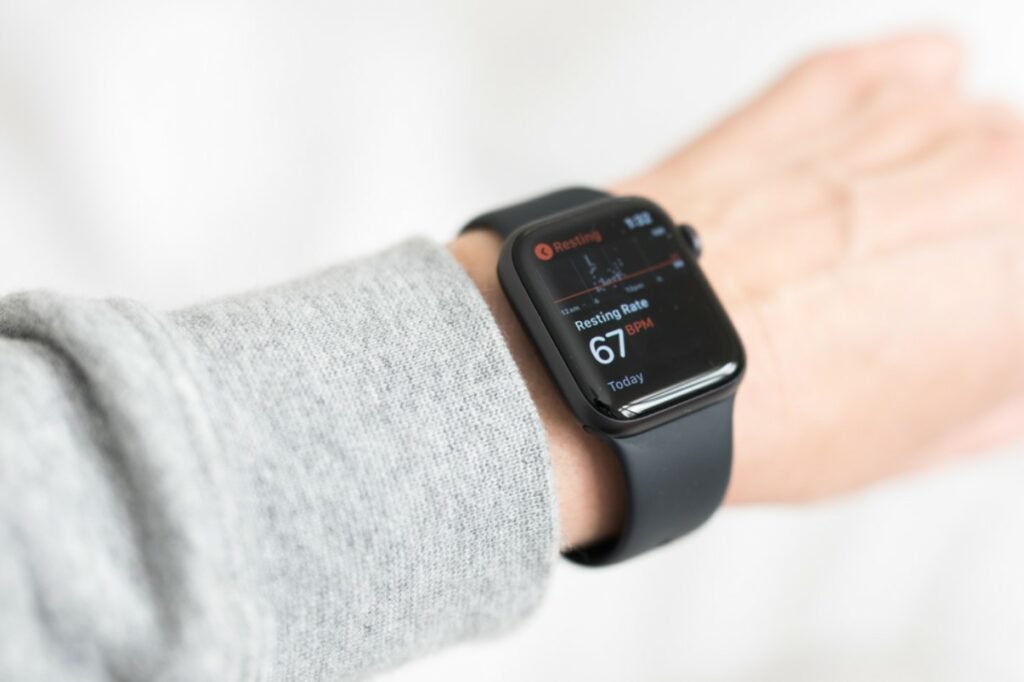In a world where technology intertwines with health, the Apple Watch has stood as a symbol of innovation. Yet, recent developments have cast a shadow over its pulse oximeter feature, stirring debates on intellectual property and consumer access to health-oriented technology.
The Genesis of the Ban
The pulse oximeter, a sensor capable of measuring blood oxygen levels, became a subject of contention when health tech company Masimo claimed that Apple had infringed upon its patents. The legal tussle culminated in a ban, compelling Apple to disable the feature in its Series 9 and Ultra 2 models in the U.S. market. This move has sparked discussions on the balance between patent rights and the availability of potentially life-saving features.

The intricacies of the ban reveal a complex web of legal and technological maneuvers. Apple’s response, a software update to disable the oximeter, was a temporary fix pending appeals or the expiration of the contested patents in August 2028. The situation underscores the delicate dance between innovation and regulation, as companies navigate the choppy waters of intellectual property law.
The Ripple Effects
The ban’s implications extend beyond the courtroom and into the realm of public health. The pulse oximeter has become a vital tool, especially in the wake of global health crises. Its absence from one of the most popular wearable devices raises questions about the impact on consumers who have come to rely on these measurements for health monitoring.
The debate also touches on the broader issue of jailbreaking, a practice that can circumvent such restrictions. The fact that the oximeter’s functionality could be restored through jailbreaking an iPhone highlights the ongoing tension between user autonomy and corporate control. It also raises concerns about the security and stability of devices altered outside of manufacturer specifications.
Looking Ahead
As the saga unfolds, the tech and health communities watch with bated breath. The outcome of Apple’s appeals could set precedents for future patent disputes in the tech industry. Moreover, it may influence how companies approach the integration of health features in consumer electronics, potentially reshaping the landscape of wearable technology.
The Apple Watch oximeter ban serves as a reminder of the intricate relationship between innovation, law, and public welfare. As we await the resolution of this legal battle, the pulse of progress continues to beat—albeit with a watchful eye on the ramifications for both industry and individuals.